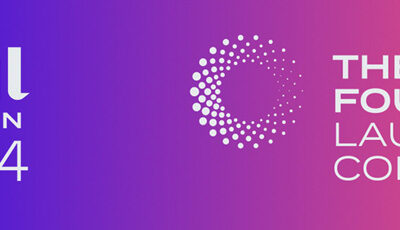Mission is an English word that has morphed far beyond its Latin roots. As it transformed it embraced colonial expansionist meaning along the way. It is time Protestants return it to its original usage and pursue God’s wider purpose instead.

Don’t Miss A Post
Subscribe now for automatic email notifications when a new post is created:
Latest Posts
The End is Nigh
Habakkuk’s prophecy powerfully speaks to our current global crisis, providing a way to understand how God can use empire as a tool for his purposes. As we long for the return of our Lord we can find comfort in the song of Habakkuk with blessed Mary singing harmony.
Wise Sentinels
In light of claims of rising fascism, we would do well to take seriously the warnings from those who seek to understand the times and know how God’s people should respond (1 Chronicles 12:32): wise sentinels. It may not come to pass but it is good to know what is at stake and to be prepared.
Recent Posts
Personal Reflections on Lausanne 4
In this post I reflect back on my experience of Lausanne 4. While there is much to celebrate about the event, the motives of the Lausanne executives made explicit throughout it left much to be desired. After noting highlights, I examine some of the things that concerned me most.
Hope for L4: Transcending Differences for the Common Cause of Christ
The fourth Lausanne Congress on World Evangelization is rapidly approaching. This is the first time I am participating. While I have appreciated the resulting documents from the past three, I am aware of the contention around their forming. This is my hope for Lausanne 4.
Let The World Know
This post highlights the influence of women in the growth of the global Church, taking a cue from the mother of King Lemuel. The post introduces me (Jay) as the new Opinion Editor for Christian Daily International and my commitment to using the position to amplify the voices of the unheard.
Emissaries of the Way
In the tussle between liberalism and conservatism in Christian witness, there is a midway that holds the tension between the two, but Scripture (assuming its authority) repeated reinforces a non-negotiable in and out criteria for those who dwell in the Kingdom, shalom, New Jerusalem… New Creation.
Joining The Faith
Can we accept Jesus and not feel the need to adopt the Judeo-Christian religious history contained in the Bible? To conservative Western Christians this seems a no-brainer, but to indigenous followers of Jesus the answer is not so straightforward. In this post I tackle it from a Māori Christian perspective.
Co-Creating Safety
Psalm 34:4-7 speaks of the Lord’s salvation. To illustrate the real-world meaning I share from the homily I presented at my uncle’s funeral. The subject leads me to call out those among us who threaten safety, especially of the young and vulnerable. We must remain diligent in our protection of one another.
Yielding To Gravity
How do we maintain “unity of mind, thought, and purpose” as we participate in God’s mission? It can seem to be an impossible ask in contexts of diversity. But harmony starts with our commitment to allow ‘others’ to express their faith in contextual terms, within the gravity and boundaries of being “in-Christ”.
Damaging Detachment
What does it look like to co-create New Creation? It does not look like clinically undermining a suffering part of the global Church from a detached distance that’s for sure. This post argues that healthy contextualisation and intercultural intelligence is required to co-create New Creation.
Nil By Force
This post tackles a tendency for some to get aggressive in our evangelism and missions approach. A triumphalist mindset remains prevalent in global missions circles but the posture encouraged in Scripture is that of quiet humility, gentleness, and honouring others’ dignity.












